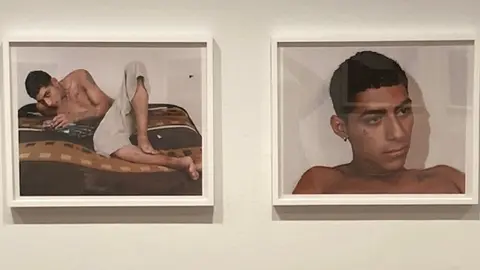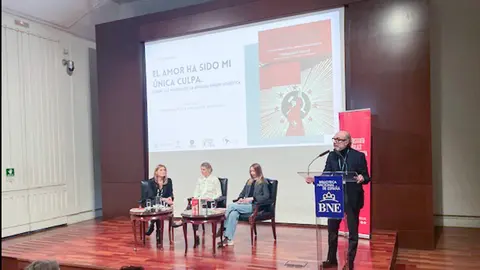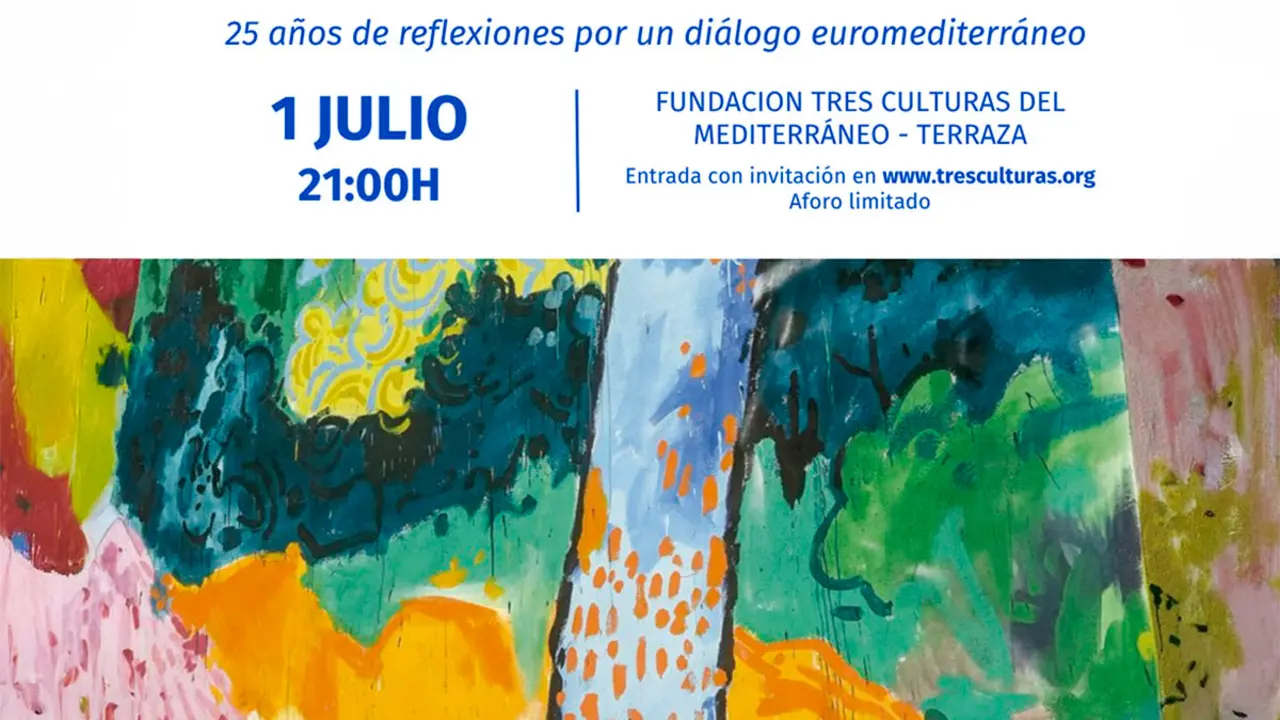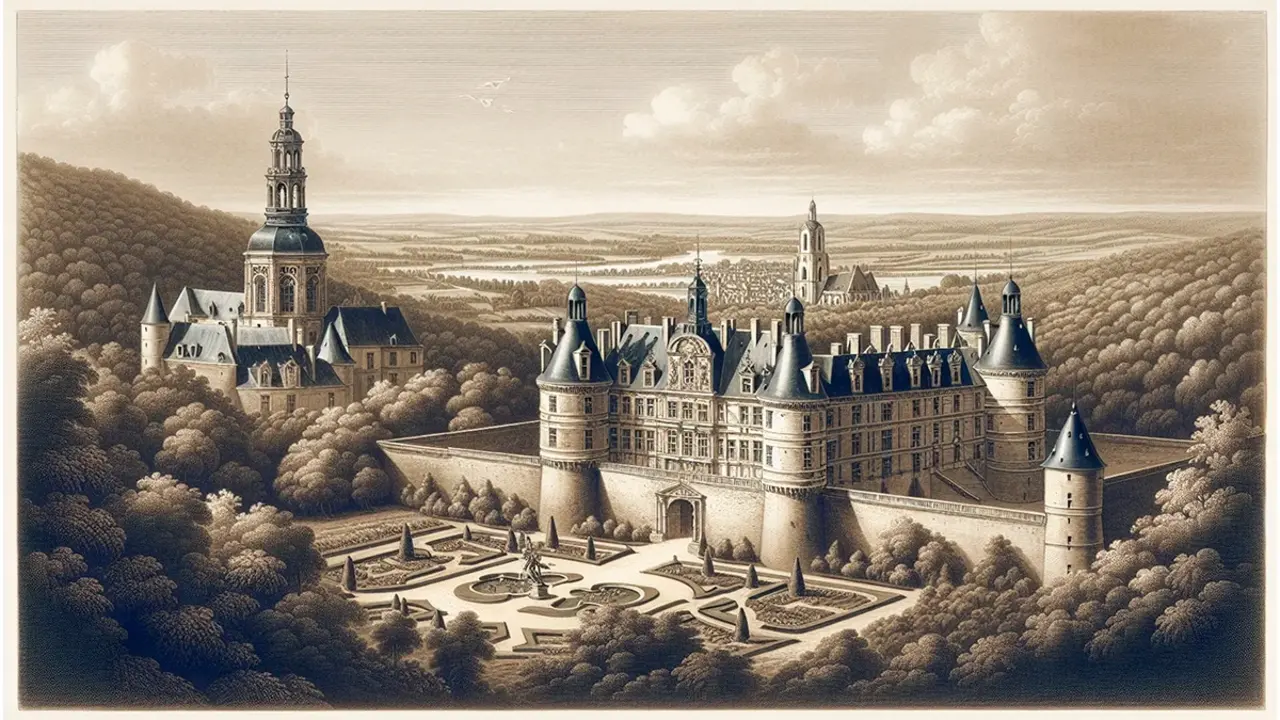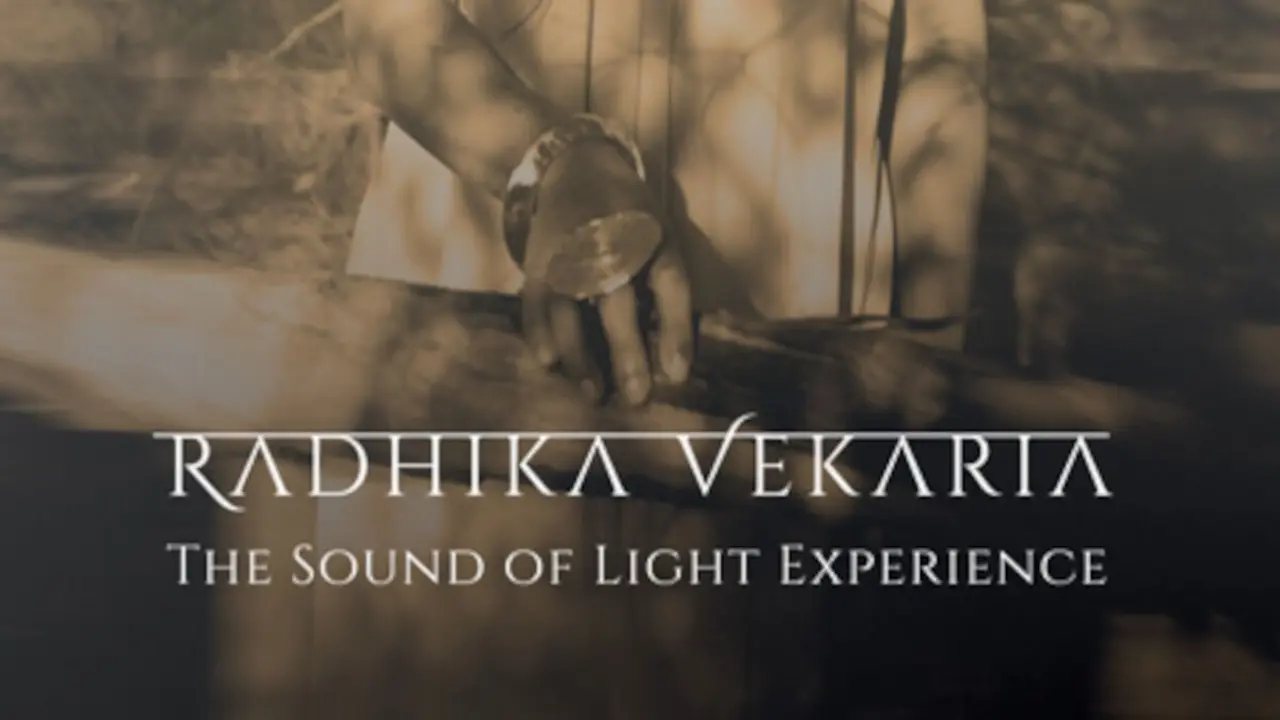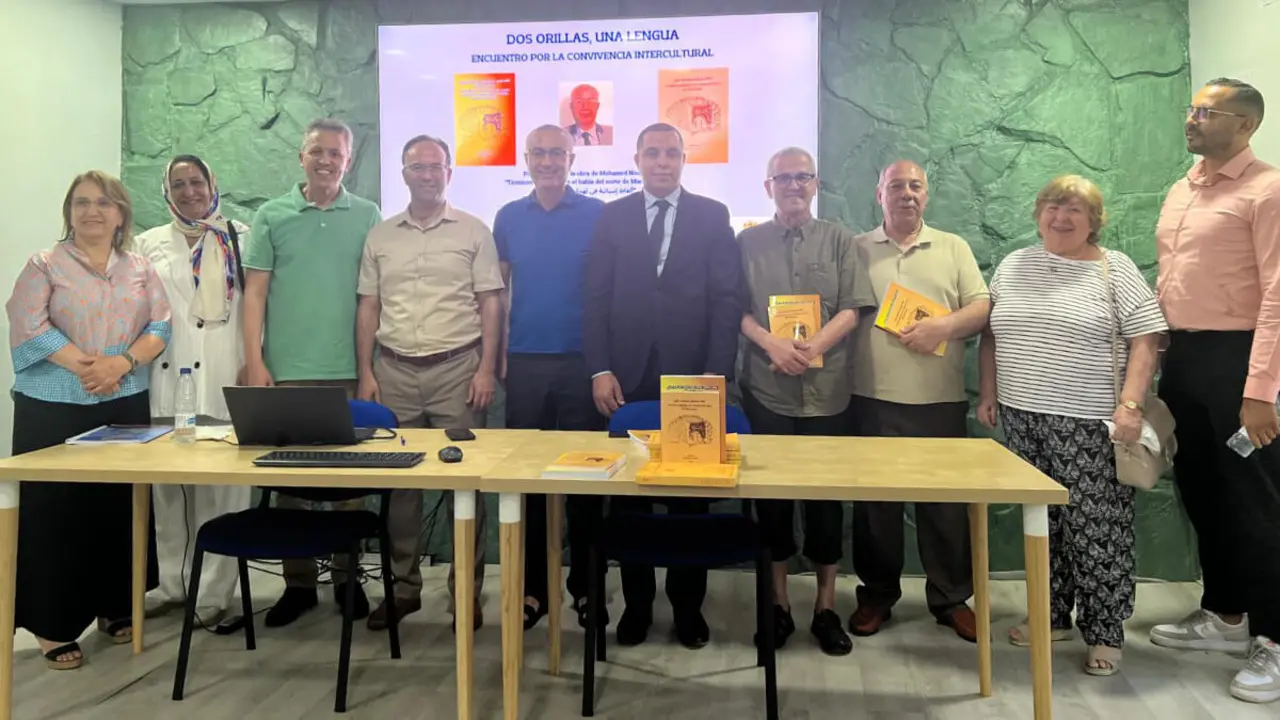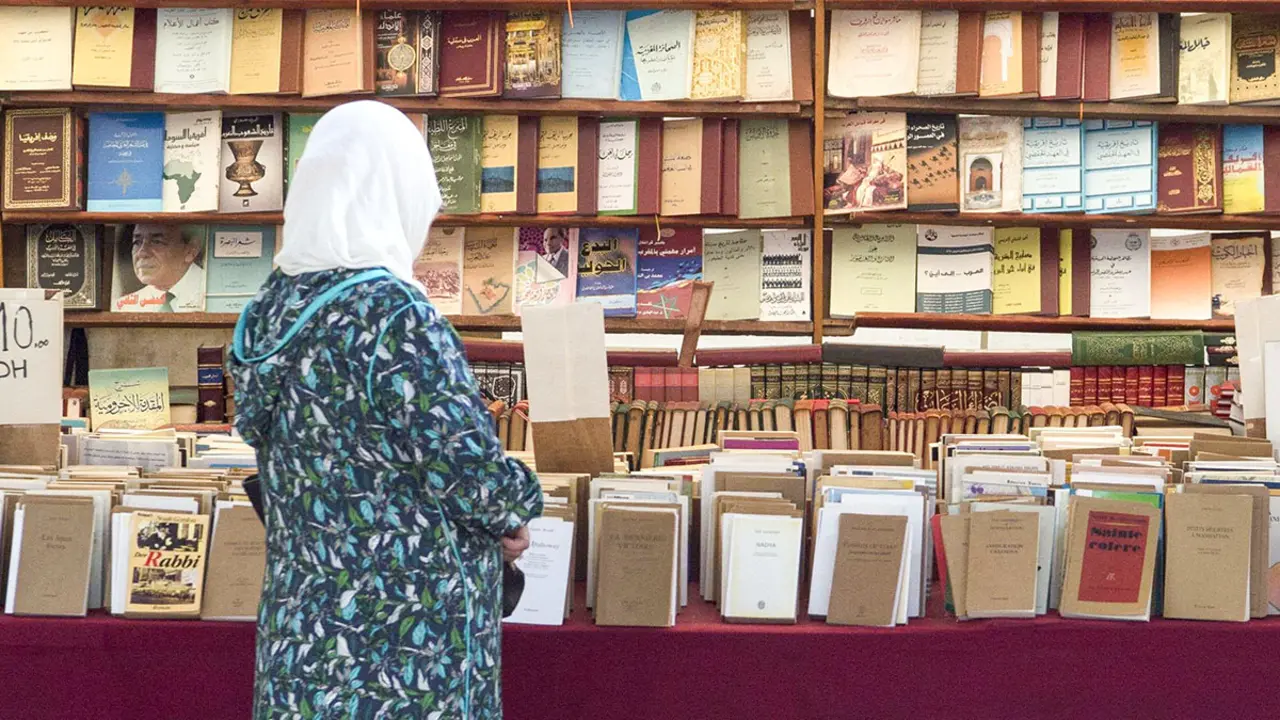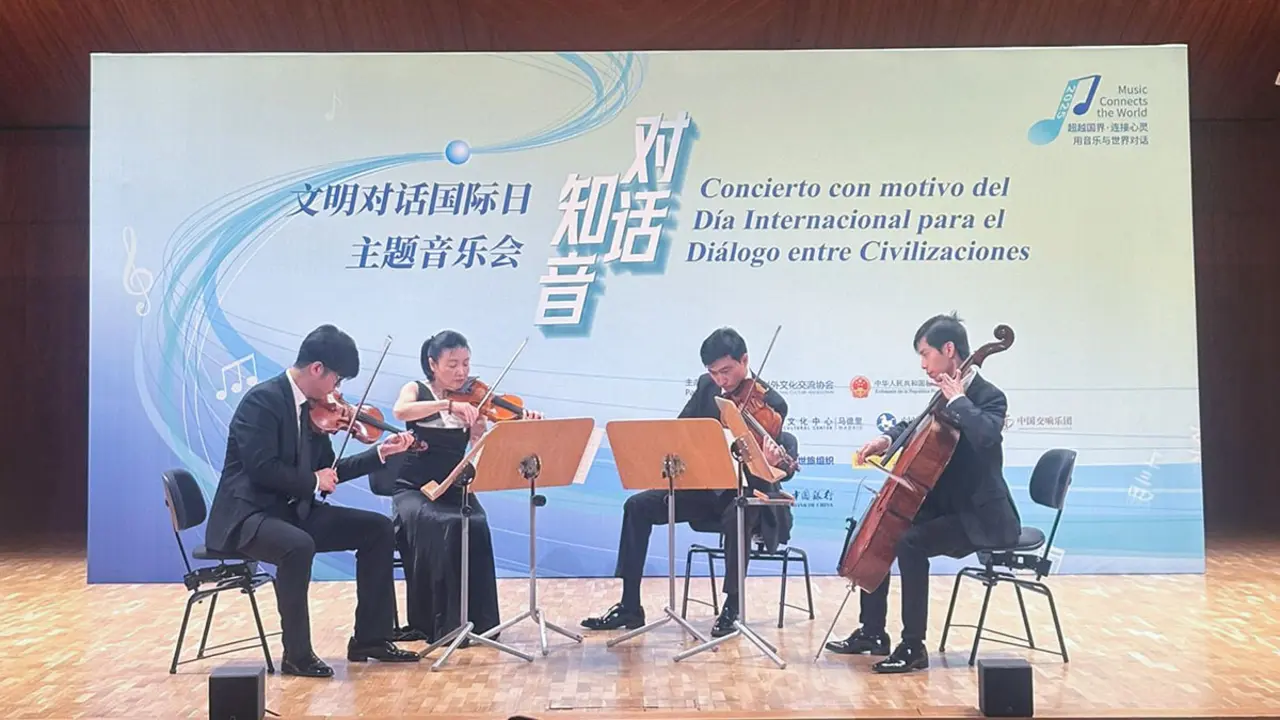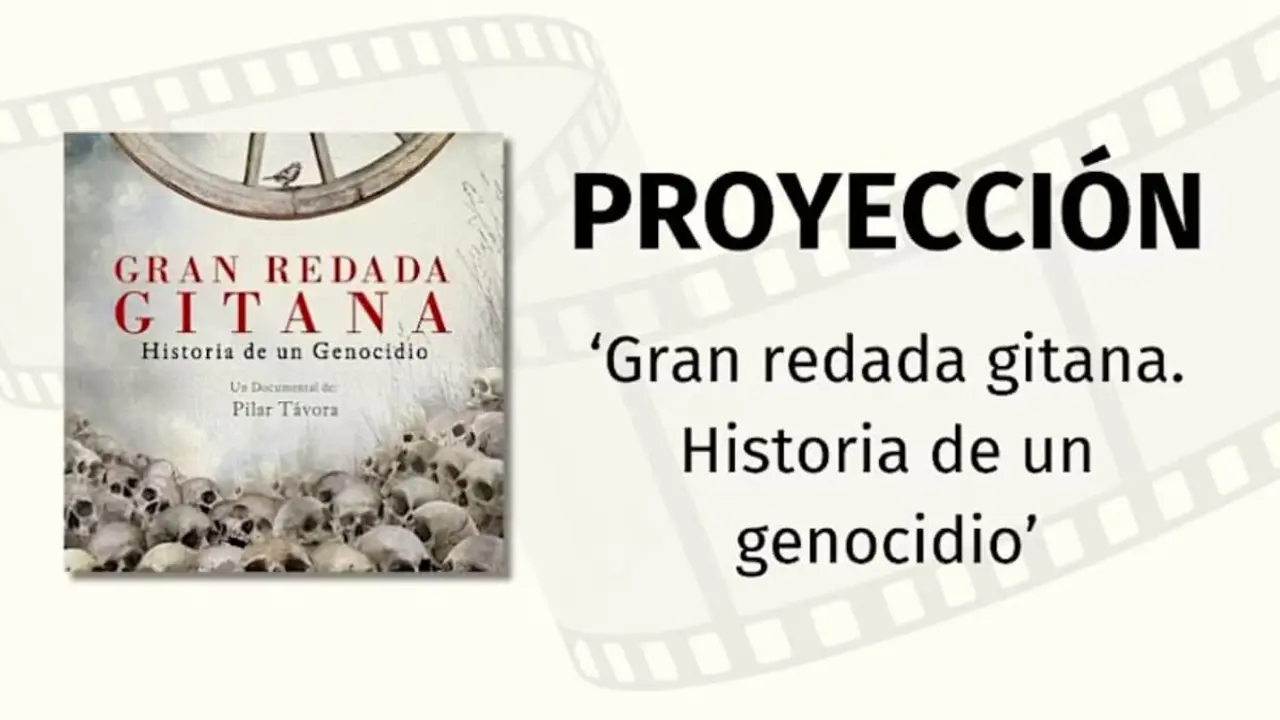Three Spanish projects are the winners of the European Heritage Awards
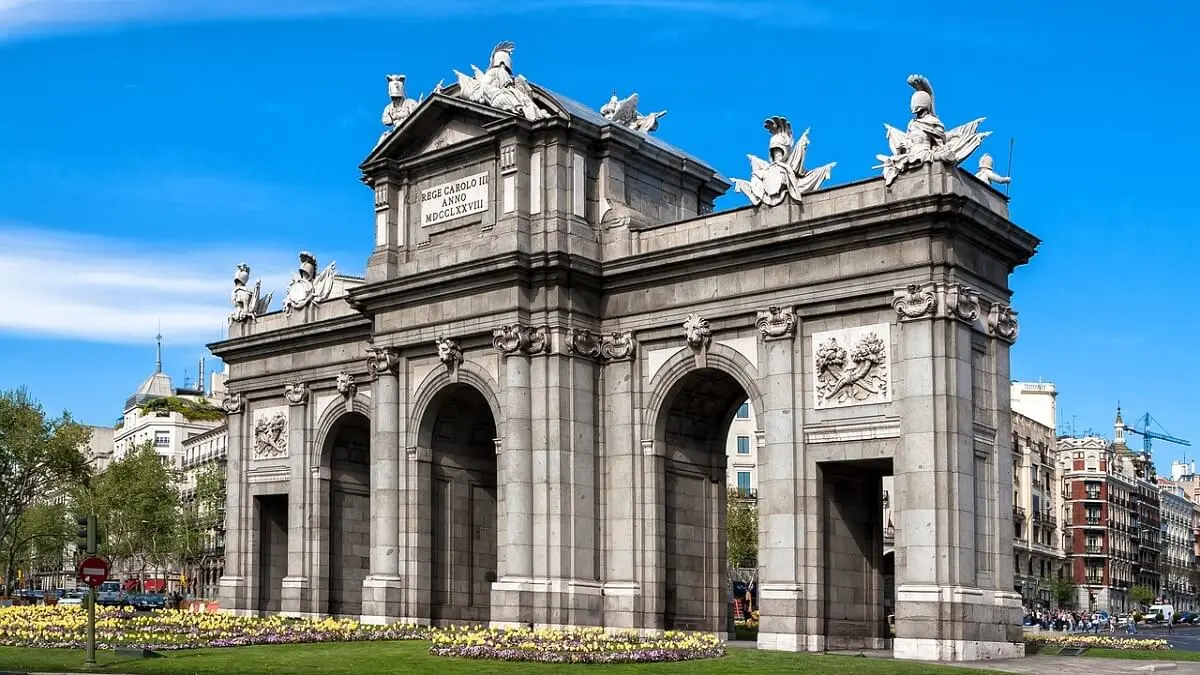
The European Heritage Awards / Europa Nostra Awards 2025 will be presented in October at the iconic Flagey building in Brussels during the European Cultural Heritage Summit. However, the European Commission has already announced the list of winners. There are a total of thirty projects or actions from twenty-four countries, and Spain has won three awards, placing it at the top of a ranking that showcases the latest developments and priorities in heritage policy in Europe.
The project, now fully completed, to restore the Puerta de Alcalá in Madrid followed a dual methodology that combined historical research and scientific diagnosis with traditional craftsmanship. More than 100 specialists, including conservators, engineers, blacksmiths, stonemasons and sculptors, collaborated to analyse and restore the iconic monument located in the Spanish capital. 3D laser scanning, structural modelling, ultrasonic testing and laboratory material analysis were used. The team was thus able to identify vulnerabilities in the stone and internal metal structures. These studies confirmed the technical sophistication of the original craftsmen and guided each restoration intervention.
Casa Batlló in Barcelona was recognised for its pioneering role in including neurodivergent people in public-facing museum roles. In collaboration with a specialist organisation, this museum has developed a structured employment model that sets a precedent for inclusive practices in the heritage sector.
The third Spanish project to receive an award is IS-LE: Islamic Legacy. This was created with the aim of profoundly transforming the way in which the Islamic legacy in Europe and the Mediterranean is studied and understood. Developed over four years, between 2019 and 2023, under the coordination of the UNED in Madrid, this pan-European research initiative brought together more than 200 researchers from 40 countries and more than 80 institutions. Its main objective was to overcome traditional national and disciplinary boundaries by creating a stable and interdisciplinary research platform to study the connected histories of the Islamic and Christian worlds during the late medieval and early modern periods (1350-1750).
Announcing the names of the winning projects, Glenn Micallef, European Commissioner for Intergenerational Equality, Youth, Culture and Sport, said: "The European Heritage Awards / Europa Nostra Awards give us the opportunity to appreciate how deeply cultural heritage is valued in Europe. This year's winners are a testament to the ongoing efforts to safeguard and promote our rich heritage for future generations.'
These awards were created by the European Commission in 2002 and have been managed by Europa Nostra ever since, in an action co-funded under the Creative Europe programme. Over the past 23 years, the awards have become a powerful tool for recognising and promoting the multiple values of heritage for culture, society, the economy and the environment in Europe.


